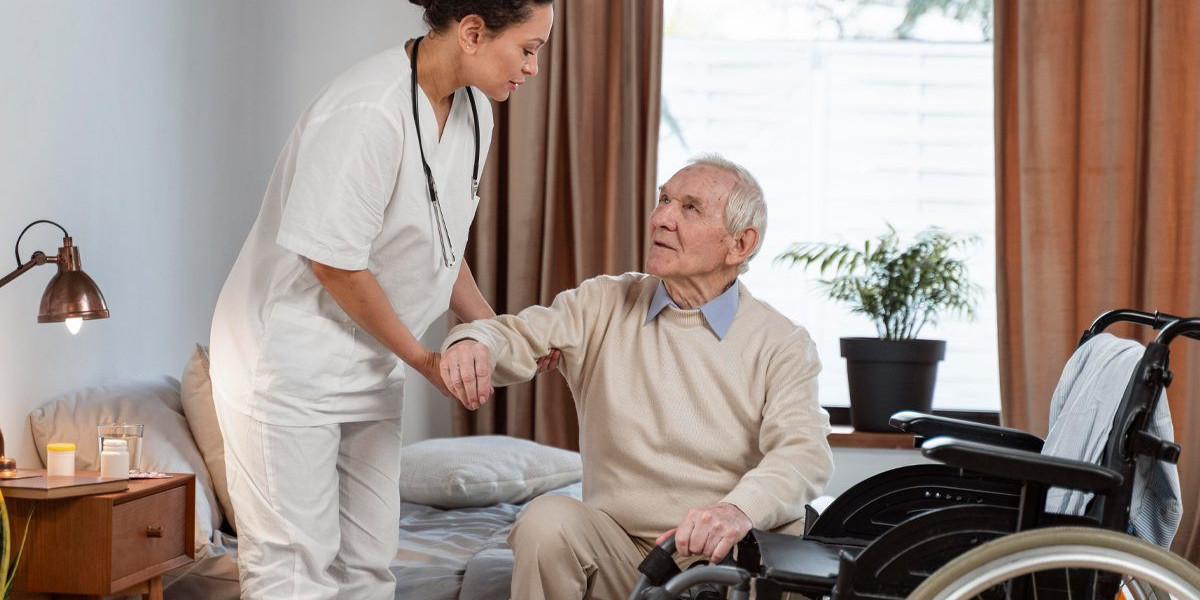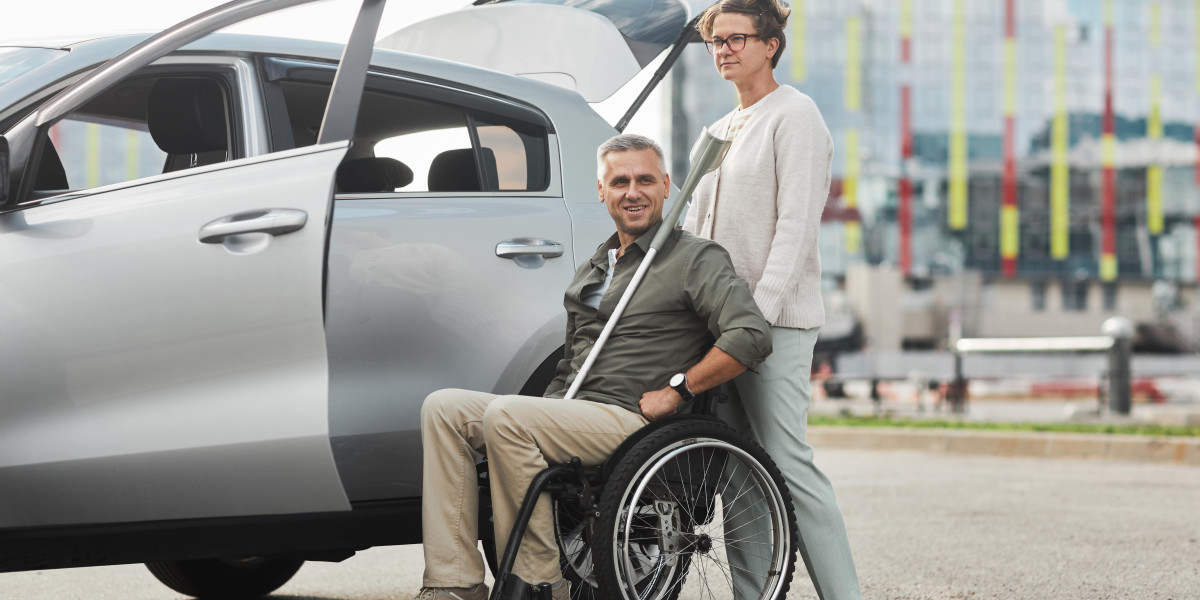Traveling opens the door to adventure, culture, and unforgettable memories. Yet, while most people focus on the excitement of exploring a new destination, few take time to think about emergencies. Preparation isn’t about expecting the worst; it’s about giving yourself peace of mind so you can enjoy your trip with confidence. From minor inconveniences to serious health issues, being prepared can make all the difference in how you handle unexpected challenges.
This guide walks you through key aspects of emergency preparedness every traveler should keep in mind, covering health, safety, finances, communication, and logistics.
Understanding the Risks Before You Go
The first step in being prepared is knowing what risks might apply to your destination. Research the following before you leave:
Local health concerns: Are there any outbreaks, required vaccines, or seasonal illnesses?
Weather conditions: Some regions face hurricanes, floods, or extreme temperatures at certain times of year.
Political stability and safety: Review travel advisories to see if there are security concerns in specific regions.
Cultural and legal factors: Laws and customs vary widely; something harmless at home could be serious abroad.
By understanding potential risks, you can pack smarter, adjust your itinerary, and avoid unnecessary surprises.
Travel Insurance: A Must, Not a Maybe
One of the most overlooked areas of preparation is travel insurance. Many travelers assume it’s unnecessary, only to regret it when faced with medical bills, trip cancellations, or lost luggage. A good policy typically covers:
Emergency medical treatment
Hospital stays and transportation
Trip delays or cancellations
Lost or stolen belongings
Make sure the policy includes evacuation coverage, which pays for transportation to the nearest suitable medical facility. Without this, costs can skyrocket if you require care in a foreign country.
Packing a Practical Emergency Kit
Your suitcase isn’t complete without a basic emergency kit. You don’t need to carry a full pharmacy, but certain essentials can be lifesavers:
Prescription medications in original bottles
Over-the-counter pain relievers and stomach remedies
Bandages, antiseptic wipes, and adhesive tape
A thermometer and small first-aid guide
Travel-sized hand sanitizer and insect repellent
Copies of your prescriptions and doctor’s notes
This small collection of items can make it easier to handle minor problems without having to find a pharmacy in an unfamiliar place.
Staying Healthy on the Road
Emergencies aren’t always dramatic; sometimes they’re as simple as an upset stomach or dehydration. To minimize health risks:
Drink bottled or filtered water where tap water is unsafe.
Eat at reputable restaurants to avoid foodborne illness.
Wash hands often or use sanitizer.
Pace yourself with activities, especially if adjusting to altitude or heat.
Get enough rest to keep your immune system strong.
It’s easy to neglect health habits while traveling, but small steps can prevent major problems.
Knowing Where to Get Help
One of the smartest moves you can make is identifying local emergency resources before you need them. Save important contacts in your phone and write them on paper in case your device fails:
Local emergency numbers (they vary by country)
Nearest embassy or consulate
Closest hospital or urgent care clinic
Your hotel’s front desk or concierge
In many upscale destinations, you may even find a doctor at hotel services, which can save valuable time when you need immediate attention without searching for clinics. Knowing this information in advance helps you act quickly instead of panicking.
Protecting Your Finances During Emergencies
Losing access to money can turn a minor setback into a major crisis. Safeguard your finances with these steps:
Carry at least two different credit or debit cards.
Store some cash in both local currency and a widely accepted currency like U.S. dollars or euros.
Keep cards and cash in separate locations so you don’t lose everything at once.
Enable account alerts on your bank apps to spot suspicious activity quickly.
Write down emergency phone numbers for your bank in case cards are stolen.
A little financial redundancy ensures you won’t be stranded without resources.
Communication Is Key
When something goes wrong, quick communication is essential. To stay connected:
Get a local SIM card or an international roaming plan.
Download offline maps and translation apps in case of poor service.
Share your itinerary with a trusted friend or family member back home.
Set regular check-ins so someone knows you’re safe.
If you’re traveling in remote areas, consider renting a satellite phone or personal locator beacon. These tools provide a lifeline when traditional networks are out of range.
Emergency Plans for Families and Groups
Traveling with others, especially children or elderly relatives, requires extra preparation. Create a plan for what to do if you get separated:
Agree on a meeting point at hotels or public attractions.
Teach children how to recognize security staff or police officers.
Carry recent photos of group members in case of emergencies.
Make sure everyone knows important phone numbers by memory, not just stored in a phone.
Clear communication and planning reduce panic in stressful moments.
Transportation and Evacuation Readiness
Think about how you’d leave a destination quickly if necessary. This doesn’t mean expecting disaster, but knowing your options:
Identify the nearest airports and alternative routes out of the area.
Keep your passport, travel documents, and some cash easily accessible.
Know how to request emergency transportation through your hotel or embassy.
If driving, familiarize yourself with local traffic laws and road conditions.
Having a mental blueprint makes evacuation smoother if weather, unrest, or health issues force you to change plans.
Digital Backups and Security
Losing documents can create chaos, but technology makes it easier to prepare:
Scan your passport, visa, insurance policy, and important IDs.
Store copies securely online in cloud storage with password protection.
Carry paper copies in a separate bag from your originals.
Use strong passwords and enable two-factor authentication for email and banking apps.
These precautions mean you won’t be left helpless if your wallet or luggage disappears.
Staying Calm Under Pressure
Emergencies are stressful, but how you respond can shape the outcome. Practice these strategies:
Take slow, deep breaths to reduce panic.
Focus on immediate, manageable actions instead of the entire problem.
Stay polite and respectful when seeking help, even if you’re frustrated.
Trust reliable authorities like embassy staff, medical professionals, and official hotlines.
A calm approach helps you think clearly and improves your chances of resolving the situation quickly.
Final Thoughts
Travel is about joy, exploration, and discovery, but emergencies can happen anywhere. By preparing in advance, you give yourself the tools to handle the unexpected without losing your sense of adventure.
Think of preparation as a travel companion: it doesn’t weigh much, but it offers priceless reassurance. Whether it’s packing a first-aid kit, saving emergency numbers, or ensuring financial backups, small steps protect you from big setbacks. With the right mindset and a solid plan, you’ll not only travel smarter but also enjoy your journey with greater peace of mind.








